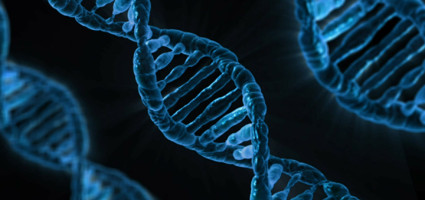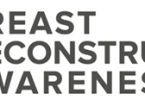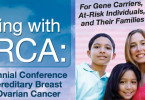
One time I was taking a family history of a man and I asked if he’s of Ashkenazi Jewish ancestry. He looked at me skeptically and asked what religion had to do with anything? Thinking back, it is an odd question to ask someone out of context. For the record I don’t care about anyone’s religion; but I do care about ancestry, background, roots, etc. It just so happens Jewish faith and Jewish ancestry are oftentimes closely entwined. So why does the cancer genetics community care about people who are Jewish and why specifically Ashkenazi Jews and not Sephardic Jews?
It’s simple – people of Ashkenazi Jewish ancestry are 10x more likely to have a gene mutation in BRCA1 or BRCA2 compared to people of non-Ashkenazi Jewish ancestry. Ancestry is important in a risk assessment for any genetic condition and the reason we ask is because some ancestries have higher rates of genetic mutations. Why? Well that’s not so simple.
Religion, culture and language are huge factors that isolate populations even if they share the same geographic area. French Canadians are a good local example of how language isolates a group of people that are in the same country (there are exceptions to the rule of course). Generations and generations of isolation makes the dating pool less and less diverse over time and the genes in these populations get recycled. The result, not a lot of genetic diversity, so we see increased rates of certain genetic conditions.
People of Ashkenazi Jewish ancestry don’t have the most diverse BRCA genes. Over 90% of Ashkenazi Jewish BRCA mutation carriers have 1 of 3 common mutations, we call these founder mutations. What’s more, 1 in 40 people of Ashkenazi Jewish ancestry have a BRCA gene mutation compared to about 1 in 400 non-Ashkenazi Jews.
So what does this all mean? It means our criteria for offering genetic testing for BRCA1 and BRCA2 to people of Ashkenazi Jewish ancestry is pretty relaxed. There is a simple test we can order that looks at the 3 common mutations. As a result, anyone of Ashkenazi Jewish ancestry with a family history of breast and/or ovarian cancer is eligible for a genetic assessment and genetic testing will very likely be offered to someone in the family.





